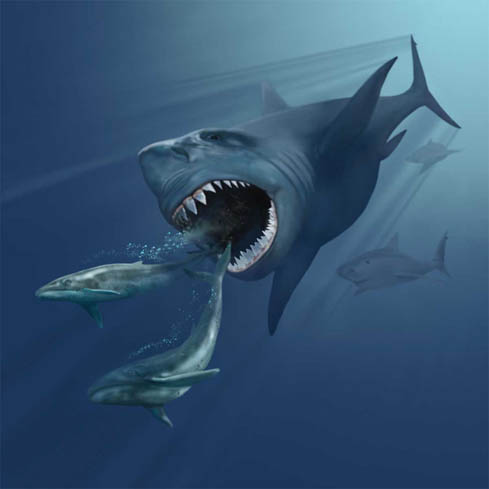Aesop Rocks
#1 Big Dog
- Joined
- Jun 17, 2008
- Messages
- 32,785
- Reaction score
- 115
- Points
- 73
edit.
Coconuts aren't able to be villified and those deaths aren't flashy. The media isn't for information, it's for entertainment. This story is a prime example of that, especially considering that it's not surprising that a man was eaten by a shark in one of the most shark infested areas of the world. It's not newsworthy.
Also, shark attacks are more funny.


Time to call in Giant Octopus.
The Thrilla in Manilla!





Man, that's scary. Imagine being that man.
Well, great whites are ambush predators, yes. However, I don't buy into the idea that they leave because they "realize" that their prey item isn't a seal or sea lion. I believe that to be a blatant misconception. They have eaten people in the past, particularly in situations where injured parties aren't immediately pulled from the water.Sharks are ambush predators, they strike fast and hard. MOST of the time, when they realize it's not a seal or sea lion, they basically run away.
as with all things i'm skeptical of..........pix or it didn't happen!
Well, great whites are ambush predators, yes. However, I don't buy into the idea that they leave because they "realize" that their prey item isn't a seal or sea lion. I believe that to be a blatant misconception. They have eaten people in the past, particularly in situations where injured parties aren't immediately pulled from the water.
They're not running away. They're waiting. They're waiting for you to bleed out and die before they come back to enjoy their meal. They exhibit the very same behavior and hunting strategy when they attack pinnipeds. They hit their prey once with devastating and damaging results, and then back off to avoid a struggle or fight that may injure the shark and waste precious energy.
In the human attacks where the shark seemingly "runs away," I guarantee that the shark is nearby and at depth, and that given the opportunity would come back to finish the job.

Well, these aren't my ideas. The conclusions are based on observations of hunting behavior. They'd been trying to solve the riddle of the so-called, "bite-and-spit" for a long time. There were all kinds of wacky ideas, mostly involving us tasting bad. All they had to do was learn how they hunt normally, and the question was pretty much answered.Good thinking, and I'm surprised I hadn't thought of that. What predator would give up a meal, regardless of what it is?
Well, these aren't my ideas. The conclusions are based on observations of hunting behavior. They'd been trying to solve the riddle of the so-called, "bite-and-spit" for a long time. There were all kinds of wacky ideas, mostly involving us tasting bad. All they had to do was learn how they hunt normally, and the question was pretty much answered.
In the United States, people rarely surf or dive alone. Thus, shark attack victims are (usually) pulled from the water fairly quickly, leaving the shark no opportunity to come back to eat said victim. In other countries (like Chile, for example), the buddy-system isn't as widely practiced, and for that reason the incidence of disappearance of, say, abalone divers (classically in danger of white shark attacks) is much, much higher. In fact, there are eyewitness accounts of the sharks returning to the scene of the attack...but my specific knowledge of those accounts is lacking. Have it in a book somewhere.